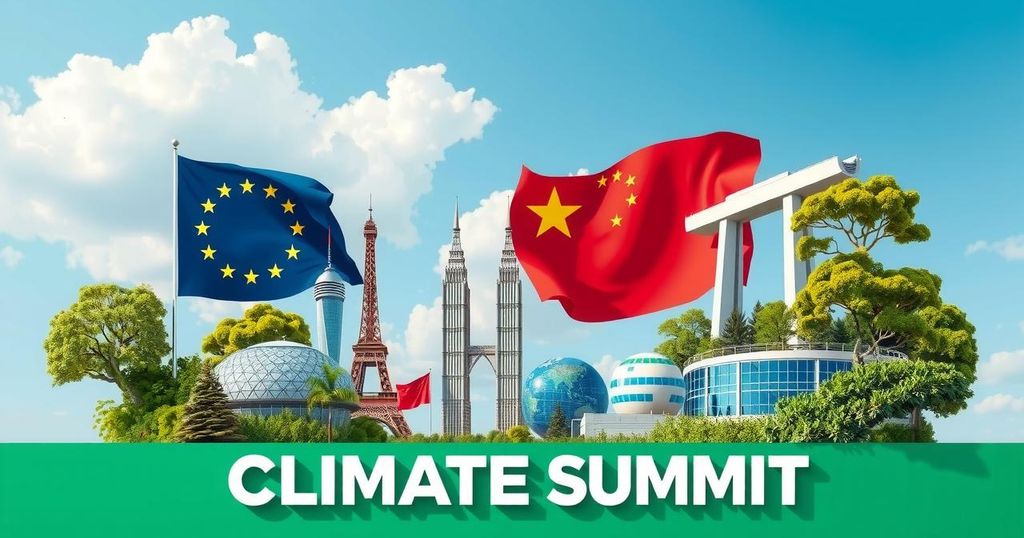ICJ Updates Hearing Schedule for Climate Change Advisory Opinion
The International Court of Justice has updated the schedule for its oral arguments on climate change, following a request from the UN General Assembly. The advisory opinion will assess the legal obligations of nations regarding climate change and responsibility for greenhouse gas emissions. OPEC has notably withdrawn from the proceedings, and the hearings involve numerous stakeholders from around the world.
The International Court of Justice (ICJ) has recently updated its schedule for oral arguments relating to the advisory opinion concerning the obligations of states with respect to climate change. Following a request from the United Nations General Assembly (UNGA), the ICJ will explore the accountability of nations for their contributions to climate change and the necessary actions to mitigate its effects. Notably, the Organization of the Petroleum Exporting Countries (OPEC) has withdrawn from delivering an oral statement.
The request for an advisory opinion came from Vanuatu and was formally addressed to the ICJ on March 29, 2023. This advisory opinion seeks to clarify nations’ legal responsibilities under international law pertaining to climate change and emissions of greenhouse gases. The UNGA posed two critical questions focusing on state obligations to protect the climate system and the legal consequences of harmful acts by states, particularly regarding vulnerable nations and future generations.
In conclusion, the ICJ’s proceedings on climate change represent a significant step toward determining the legal responsibilities of nations in mitigating climate impacts. The implications of the court’s advisory opinion will likely influence international climate law and policy moving forward. The hearings, held in The Hague, welcome over a hundred countries and organizations, highlighting the global urgency of this critical issue.
Original Source: www.forbes.com




Post Comment